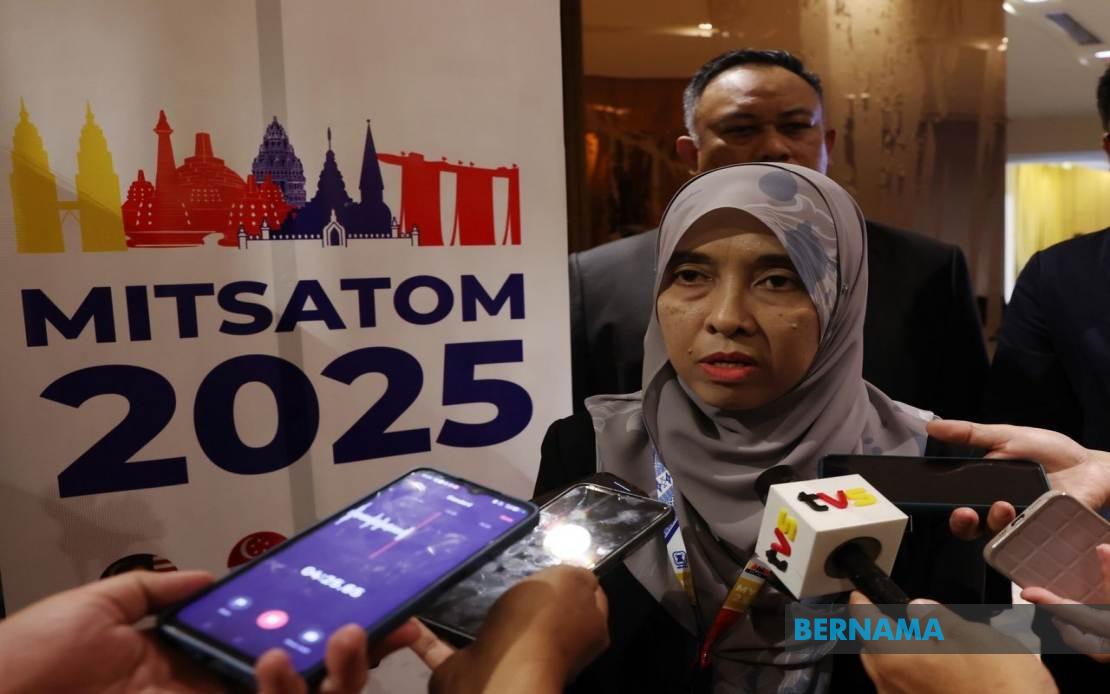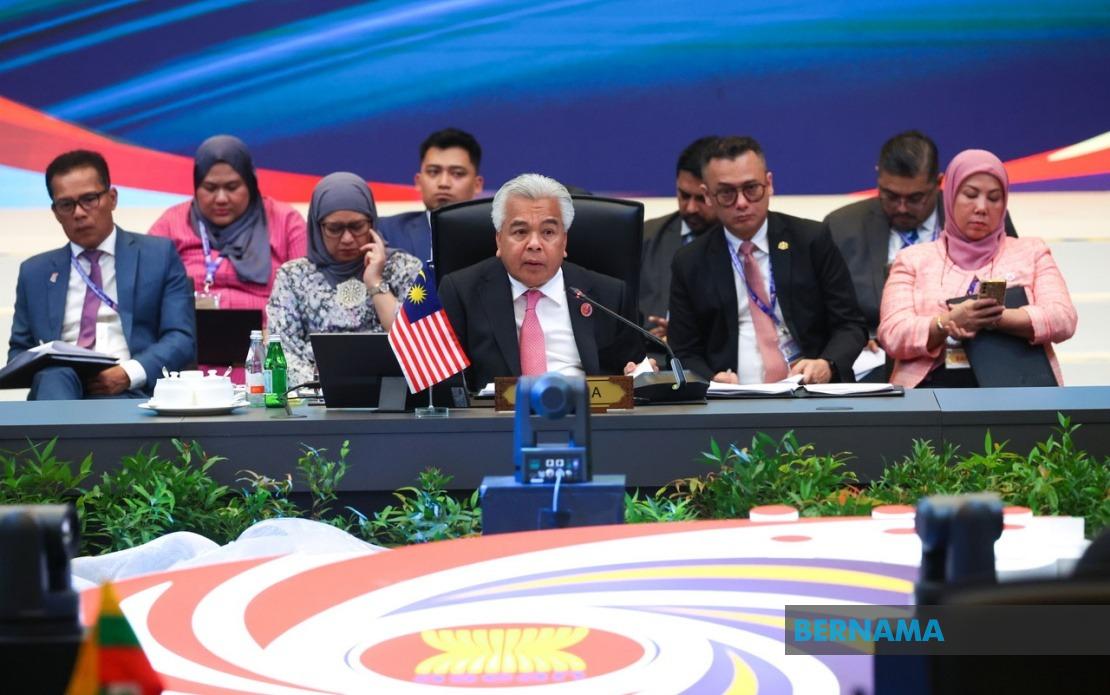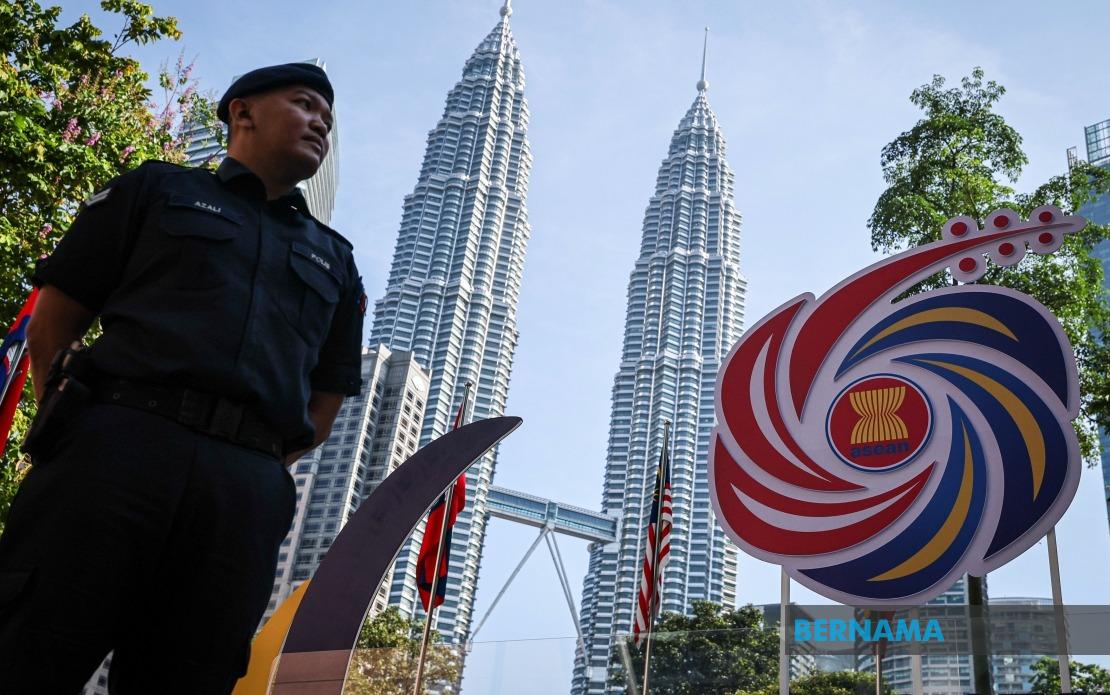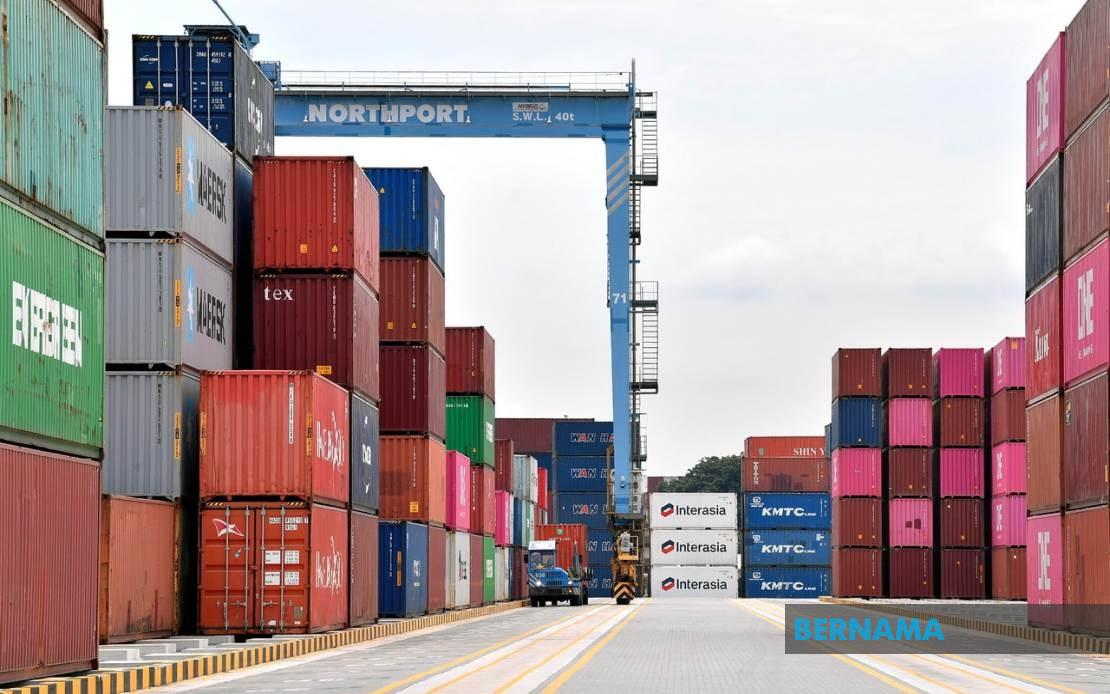JAPAN'S CEAPAD A UNIQUE PLATFORM FOR PALESTINE’S CAPACITY BUILDING, LONG-TERM DEVELOPMENT
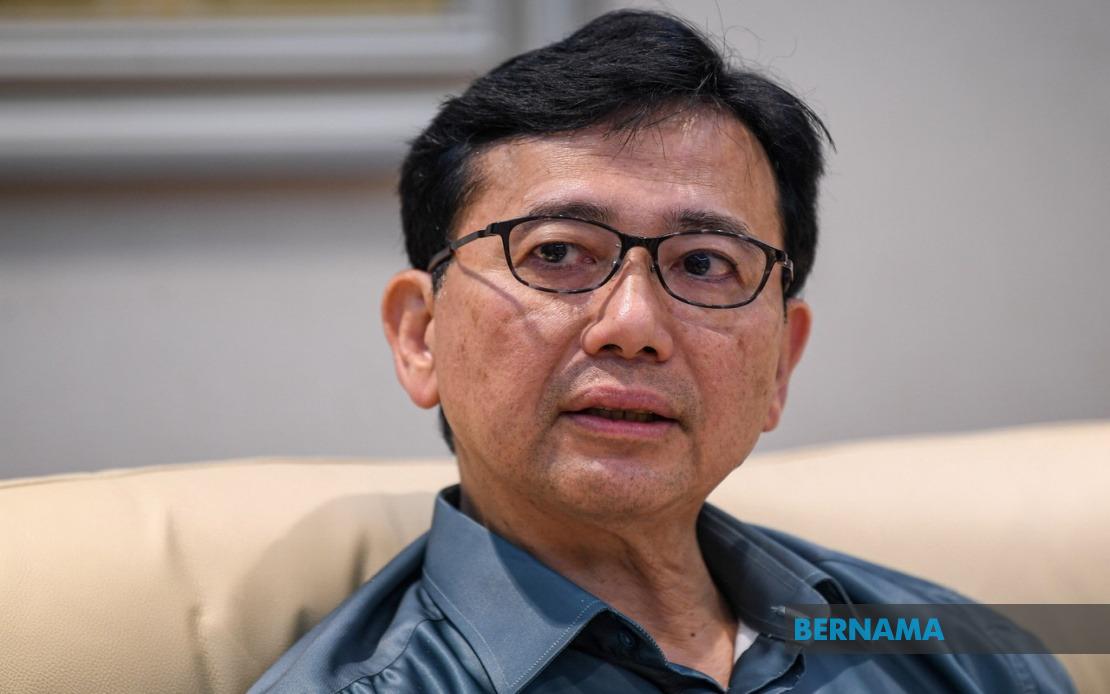
By Nabilah Saleh
KUALA LUMPUR, July 7 (Bernama) -- Japan views the upcoming Fourth Conference on Cooperation among East Asian Countries for Palestinian Development (CEAPAD), which it will co-host with Malaysia, as a unique and strategic platform to strengthen capacity building and sustainable development in Palestine, going beyond emergency relief.
The conference, scheduled to take place here Friday, will be held in conjunction with the 58th ASEAN Foreign Ministers’ Meeting (AMM) and related meetings.
Japanese Ambassador to Malaysia Noriyuki Shikata said CEAPAD stands apart from other forums by focusing on long-term solutions, including institutional resilience, education, and economic self-reliance for the Palestinian people.
He noted that Japan has long collaborated with institutional organisations such as the United Nations Relief and Works Agency for Palestine Refugees (UNRWA) and the World Bank to support institutional development in Palestine.
“CEAPAD is a unique platform. While the situation in Palestine is often addressed in political or humanitarian terms, this forum focuses on what comes after, on capacity building and institutional strengthening.
“Japan has been working with UNRWA, the World Bank, and other institutional organisations to help Palestinians, and CEAPAD complements those efforts by bringing in perspectives and expertise from East Asian countries,” he told Bernama in an exclusive interview recently.
He added that Japan, as the initiator of CEAPAD in 2013, is committed to working with partners like Malaysia to coordinate recovery and reconstruction, particularly amid the current devastation in Gaza.
“Given the scale of destruction, it is crucial that we help the Palestinian people rebuild their lives with dignity. Malaysia has been a consistent CEAPAD participant since the beginning, and we value this shared commitment to the Palestinian cause,” he said.
CEAPAD IV will also be attended by Japanese Foreign Minister Takeshi Iwaya, who will be in Malaysia in conjunction with the ASEAN meetings.
Malaysia’s ongoing participation in CEAPAD since its inception reflects its longstanding commitment to the Palestinian cause.
The first CEAPAD meeting, held in Tokyo and co-hosted by Japan and Palestine, laid the groundwork for East Asian collaboration, with Malaysia among the founding participants.
Elaborating further, Shikata highlighted the potential for triangular cooperation between Japan, Malaysia and Palestine in training and human resource development.
“For example, if Palestinian evacuees come to Malaysia, we may be able to support training programmes for their future,” he said, adding that education and skills-building are essential for long-term peace and stability.
He said CEAPAD also serves as a broader bridge between regions — bringing together East Asian expertise and resources with Middle Eastern needs and partnerships — to enable more coordinated and effective development efforts.
Japan’s development approach, he added, is grounded in the belief that peace must be supported by strong institutions and inclusive growth — areas CEAPAD directly targets.
Japan became ASEAN’s first dialogue partner in 1973, formalising the partnership in 1977.
Over the decades, Japan has steadily expanded its engagement with ASEAN, joining the Treaty of Amity and Cooperation (TAC) in 2004, appointing a dedicated ambassador to ASEAN in 2010, and establishing its permanent mission in Jakarta the following year.
In 2023, ASEAN and Japan elevated their ties to a Comprehensive Strategic Partnership, reflecting Tokyo’s enduring support for ASEAN centrality and regional cooperation across political, economic and socio-cultural pillars.
-- BERNAMA
